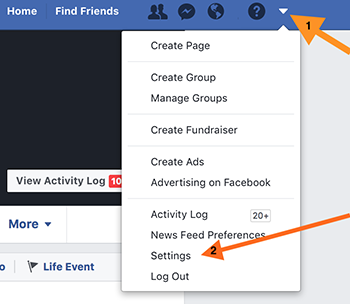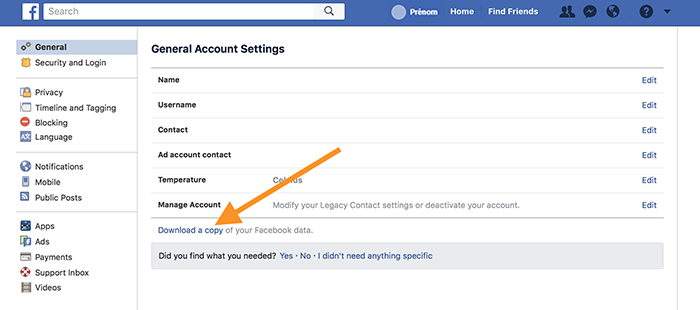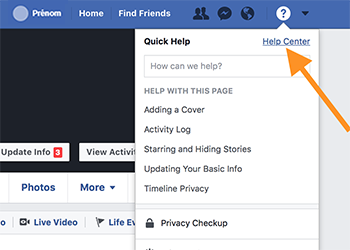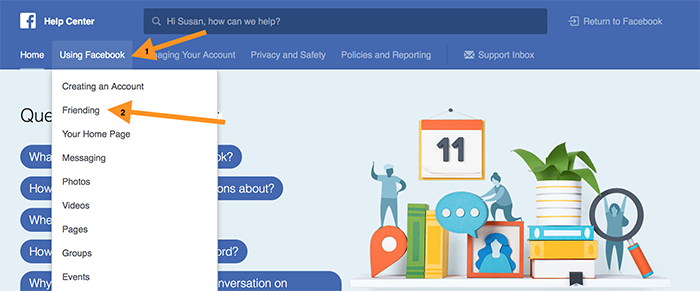Facebook Confidential: How Teachers Can Deal with Privacy Issues and Continue Using the Platform for Learning
Facebook and Cambridge Analytica, the political data analysis firm, have been in the news recently over the misuse of customer data. Teachers who have been using Facebook and other social media tools in engaging ways do not have to give up their lesson plans; however, they should look into the issue of online privacy if they haven’t done so already.
The Council of the Ontario College of Teachers published a professional advisory on the use of social media that is appropriate for all teachers in the digital era. Basically the council reminds us that social media tools provide exciting pedagogical opportunities; however, teachers should make sure their cyber image remains professional.
These tools provide powerful new ways for [teachers] to collaborate and dialogue with others expand their professional network and continue their professional learning. Used thoughtfully and appropriately, new technologies offer opportunities for [teachers] to model digital citizenship for students and deliver the curriculum in innovative and engaging ways.
However, some of the most popular social media platforms were not created specifically for educational purposes and their use can expose members to risk when it comes to maintaining professionalism. While members should be cautious when communicating electronically and online, this does not mean it must be avoided altogether. Keep interactions professional, as you would in the classroom, and build a positive online presence. Know and respect proper professional boundaries with students, even when students initiate electronic interaction.
Do you really want students checking out your online profile on Facebook?
If you do not want to share your latest vacation photos with your students you can review your Facebook privacy settings. This short video explains how to check your privacy settings in 3 easy steps.
Facebook’s Privacy Checkup helps you review and control who you’re sharing with.
There is no such thing as a free lunch!
Of course, you know that Twitter, Tumblr, Snapchat, Linkedin and yes, Facebook among others, are not really free. You pay for these platforms by giving online advertisers access to your personal information. What personal information is collected depends on your online behaviour. Taking fun quizzes and sharing information with third-party apps on Facebook may allow various companies to collect your birth date and birth place; the names of your spouse, children, relatives, friends and even your financial institution; your favourite color, coffee, film as well as your political views and religious preferences – pretty much anything and everything.
If you would like to find out what kind of information, including metadata such as call and SMS history, Facebook has on you, you can request they send you a file containing your Facebook data. Here is how to download your file:
Find out what Facebook knows and shares about you (4 steps)
- Go to your Facebook settings on your home page (click on places indicated by arrows):
- Click on the inverted triangle.
- When the drop down menu opens select “Settings”.

- At the bottom of the General Account Settings menu click on the option to download a copy of your Facebook data.

- You will receive 2 emails:
- The first to confirm that Facebook received your request.
- The second, which may take some time depending on how much content you have posted, containing the file.
- When you receive the file, you can download it to your desktop.
Now that you have this information you may want to delete some of it.
A little warning, Facebook has promised to make it easier to delete information at some point in the future, but for now the process can be challenging. Here is one example of information to get rid of and how to go about doing it.
How to protect your friends by becoming a good data steward (4 steps)
Did you give Facebook information about your friends that they may not want to share? You may have unknowingly given permission to Facebook to import all of your contacts.
If you want to delete your list of contacts from Facebook:
- On your Facebook page, click on Help Center in the menu that opens when you click on the question mark.

- When the Help Center menu opens click on the tabs indicated by the arrows in the picture below
- Select “Using Facebook”.
- When the menu opens up, click on “Friending”.

- When the “Friending” menu opens:
- Click on “Upload your contacts”
- Another menu will open up for you to select “How do I delete contacts I uploaded to Facebook”.
- Follow the instructions on this page.
- You may need to also turn off the automatic contact-uploading feature in both Facebook and Messenger.
If you wish to delete other information that Facebook has on you, return to the Help Center page and go through the various tabs. You may want to look into the apps and websites you logged into using Facebook as these apps and websites from other companies can also store your info.
Facebook shouldn’t be seen only in a negative light
All over the world educators are finding compelling ways to use the platform to help their students develop language, interpersonal communication, group collaboration and even ICT skills. On Profweb there are some excellent examples of social media being used to promote learning in class:
- Getting Second Language Students Talking Together with Social Media
- Facebook Groups to Maintain a Quality Pedagogical Relationship with Students
- Facebook Groups to Stimulate Student Interest in Subject Matter
As for the teachers themselves, many choose to join professional learning networks, such as the College Pedagogy and Technology Facebook Group Profweb created where educators can share ideas and learn from the expertise of others from anywhere in the world.
Keep in mind that, when used thoughtfully, social media can provide opportunities for professional growth, enhanced home-school communication, and conversations that allow learning to continue beyond allotted class times.

